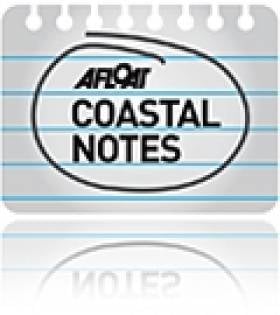Displaying items by tag: PJ Molloy
Donegal Wind Farm Faces Criticism
A Donegal conservation group has hit out at An Bord Pleanála for approving plans for a 13-turbine wind farm in a scenic Gaeltacht area.
The Irish Times reports that businessman PJ Molloy originally sought permission for 35 wind turbines with a 90m blade diameter to be erected near Glenties.
This number was reduced following consultation with the Donegal County Council and the Department of the Environment regarding the impact to protected species in the local habitat such as freshwater mussels, Atlantic salmon and otters.
However the Gweebarra Conservation Group has criticised the granting of planning permission, arguing that the Government is "giving tax incentives to private investors to destroy our hills and bogs".
The group also highlighted concern over health dangers potentially associated with the high-voltage power lines necessary to transmit electricity from the turbines.
The planning board voted five-to-two to grant permission for the turbines, taking into account both the National Renewable Energy Action Plan and the suitability of the site - which falls outside exclusion areas under Donegal County Council’s development plan.
























































